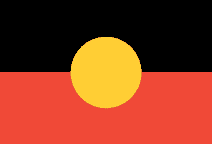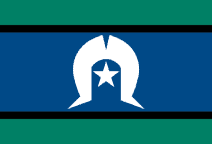Where are the hidden pools of talent in Australia’s labour market?
How can employers better find, attract and recruit willing jobseekers who aren’t on traditional recruitment radars?
With COVID-19 putting a prolonged halt on skilled migration and the current national unemployment rate showing very few jobseekers in the market, innovative approaches are needed to connect employers with their future workforce.
To encourage Australian employers to diversify who and how they hire, Jobsbank is excited to announce a research partnership with Diversity Council Australia (DCA).
Following their leading Australian research into cultural diversity and the impacts of class in Australian workplaces, DCA will bring its best-practice approach to bear on helping employers understand and effectively recruit from the full diversity of our hidden workforce.
The current low unemployment rate hides the fact that close to 8 per cent of Australians are underemployed,with another 8 per cent making up what’s known as “discouraged” job seekers – people who want to work, but have given up looking for work for reasons associated with the labour market.
“Behind our topline employment numbers sit many jobseekers who want or need more hours, are currently in jobs that may not be suited to their skills and expertise, or who may have opted out of looking for work during the pandemic,” says Jobsbank CEO Corinne Proske.
“At the same time, sectors such as aged care have long pointed to ongoing worker shortages that will only get more urgent. We’re delighted to be working with DCA to help employers size up the hidden market and give us a real understanding of the barriers to connecting with a diverse cohort of jobseekers.”
“In June 2021, almost one in five Australian businesses did not have enough staff based on current operations, and 27 per cent reported having difficulty finding suitable staff to fill jobs,” says Jane O’Leary, Research Director at DCA. “With an average of less than 3 unemployed people applying for every advertised job (compared to 4.4 in February 2020, ahead of the first Covid lockdowns), this is no surprise.”
Work on this inclusive recruitment research will start soon, with results expected in 2022.
About Diversity Council Australia
DCA is the leading voice on diversity and inclusion in Australia, producing best-practice research grounded in the contributions of people with lived experience.
About us
At JobsBank, we want everyone, regardless of background or barriers, to have the opportunity to secure meaningful employment.
We do that by increasing the number of employers who practice inclusive employment, and offering practical, tailored support to make recruitment and retention of hidden jobseekers work.
Forge a path to a more inclusive workplace. Speak with us today.
Photography: Tim Grey
Simplified Summary
To encourage Australian employers to diversify who and how they hire, Jobsbank is excited to announce a research partnership with Diversity Council Australia (DCA).



